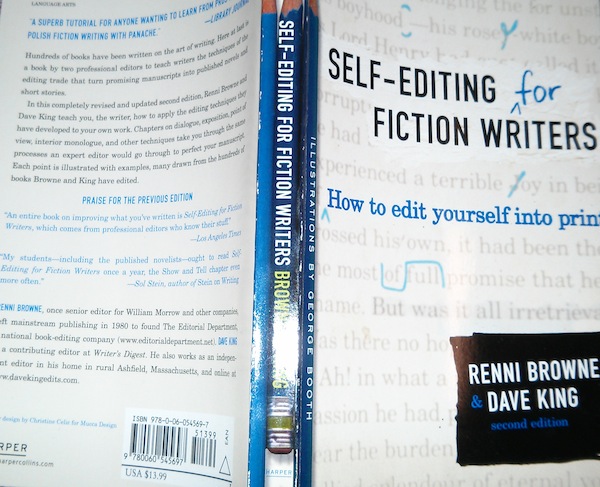Friends and new acquaintances often ask me questions like – why do I write, how does one write a novel, where to start, how does one publish a book… Instead of rambling for hours in attempt to answer these I normally re-direct them to specific best books in the business covering these questions (I’ll mention them below). So I decided to put it all into one long blog post. But before I go there – I’ll give you a little bit of my story for a reason.
Ever since I was banished from Krypton to the foggy Albion my dormant word(and world)-building abilities started to get the best of me. A big part of being a biomedical scientist (this is me) is begging funding agencies to give me some money to sustain my research programme (i.e. to keep satisfying my expensive scientific curiosity). Begging requires writing grant proposals and writing has never been my forte (shhh!). I am relatively good at poetry and music, but until mid-twenties I thought I had no gift of prose or non-fiction writing. Later on I learned that writing can be mastered through persistent and diligent practice fueled by passion. Talent is overrated and super-talented people (I know many of them) often get lazy (should I drop some names?), because if something comes easy to them they don’t necessarily value it or have passion for it (you may have noticed I love brackets).
Three reasons made me start writing fiction: I wanted to improve on my scientific writing and I also wanted to write stories, in which science is communicated correctly. I’m not being Sheldon here, but you can’t imagine how irritating it is to read/watch poorly researched science fiction books/films for someone who spent ten years getting his MSc and PhD in natural sciences. Third reason was that I always had stories in me, but I was reluctant to tell them fearing being ridiculed.
Now I realize there is nothing to be ashamed of if one writes sincerely. We all begin somewhere. The craft takes decades to master, it’s a constant learning path. To succeed one needs to persist and evolve (learn from one’s mistakes and improve).
My first novel took me five years to accomplish (the first draft). It was too ambitious and I had no craft to execute it right. I didn’t know what I was doing, though I loved writing it. So I started learning about the rules of story-telling that I needed to know as a reference but not necessarily because I wanted to abide them. Over the last seven years I read plethora of how-to books and blogs. It takes years for all this information to sink in, one cannot read them all in one month and become a brilliant writer (but you can try).
On the craft of story-telling I recommend books by James Scott Bell, especially his Plot and Structure. On editing it’s Self-editing for Fiction Writers by Browne and King.
There are outliners and pantsers when it comes to fiction writing. Outlining Your Novel by KM Weiland is recommended for both. Learning how to outline saved me years of time. Outlining and self-editing are probably two most important skills for a writer, which normally don’t come naturally.
Character is the center of any story; themes and the plot revolve around characters. You start your story with a character and her goal/problem. Now if you subscribe to KM Weiland’s blog, you will receive her free ebook, Crafting Unforgettable Characters. If you need a bit more detailed book on characters try the Nail Your Novel book series by Roz Morris: the first book is about a general technology of writing a novel, the second is dedicated to creating characters. Roz is a veteran writer, brilliant literary consultant, she’s ghost-written a number of bestsellers, she definitely knows what and how to teach and help writers to write better books.
The best way to become a great writer is too read many books proved by time and see how great masters pulled off their amazing stories. Learn from them.
Once you’ve written your masterpiece, it’s time to publish. I suggest reading the following blogs to decide on how to publish and what to do next. From these blogs you may get an idea what kind of books you need to read to get your fiction to the reader.
Blogs for writers on craft, publishing, social media us, marketing,etc. I often read: Jane Friedman, Wise Ink, Creative Penn, Kristen Lamb, Terrible Minds, and many others. Check them out if you haven’t done it yet. I suggest you to spend a fixed amount of time (three hours a week , let’s say) on reading them. It’s too easy to end up reading advice blogs and books and not actually accomplishing anything.
Write, publish and write again. And enjoy your journey (and avoid alliterations and brackets overuse lol).
If you have a unique advice for fellow writers or know awesome blogs I failed to mention, why not to share it in a comment below.

